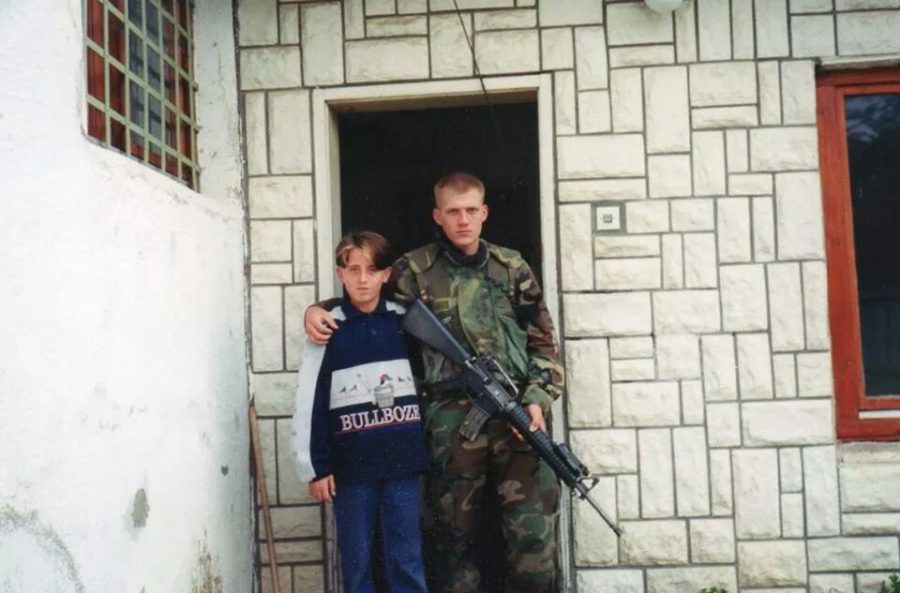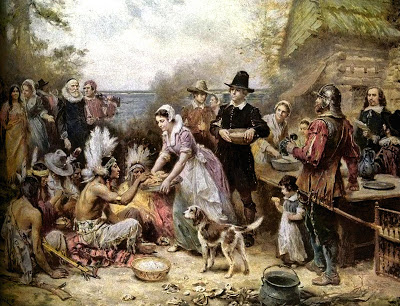
By Steve Van Der Werff, U.S. Navy Bureau of Medicine and Surgery public affairs
Editor’s note: We continue our story about disabled Hospital Corpsman 1st Class Shane Gilley’s career as a hospital corpsman taking care of Marines on the battlefield. Recently injured after being involved in a motorcycle accident, Gilley continuously displays his resiliency.
According to Gilley, he fell in love with math because it had a place outside of the classroom and could be applied to everyday life.
“My favorite teacher was Mr. Z. He taught applied math and really opened my eyes to how math truly relates to everyday life.”
When he arrived at basic training (boot camp), Gilley knew he had made the right choice to enlist. He especially appreciated how he was challenged to do his best, and how the rules, regulations and lessons-learned made sense, much like his beloved math.
His favorite recruit division commander was tough, but fair. His training method could often result in a harsh lesson to do better.
“During boot camp, you get a small glimpse into what the Navy is like. I gained a lot of experience there, said Gilley.”

When he graduated boot camp, Gilley was fully transformed. He was no longer a civilian, but now a full-fledged, card carrying member of the armed services, proudly wearing the cloth of our nation, much like his grandfather, father and uncle had done so before.
His indoctrination as a boot corpsman responding to real-world situations came quickly. His first duty station was Camp Lejeune, North Carolina as a weapons platoon corpsman for Lima Company, 3rd Battalion, 8th Marines – 8th Marine Regiment. During his stretch with Lima Company, he deployed twice to hostile environments.
“After my first deployment, I became Lima Company’s senior corpsman, and after my second deployment I transferred into the battalion aid station.”
He was accepted into an advanced school to learn how the Marines operate, which gave him the skills and knowledge to qualify for his Fleet Marine Force (FMF) device, which he wears proudly on his uniform. Since he liked the medicine side of being a corpsman, he applied for and was selected for a very competitive program to become an independent duty corpsman.
“I wanted to be that person that was able to treat patients and didn’t necessarily need a doctor around to do it.”
During deployments to Iraq and Afghanistan, Gilley often went beyond the relative safety “outside the wire” of his unit’s operating base to patrol unfriendly areas with his Marine brothers, always in a constant state of alert and scanning the area for threats. There were many times he was in danger, but with his training and the Marines around him, he always felt safe.
“It’s actually an adrenaline rush because you never know what you may encounter,” Gilley said. “Being called ‘Doc’ by the Marines I have served with gives me a great deal of pride, and when you rush up to an injured Marine and the first thing they say is ‘I’m glad it’s you,’ it validates all the training hours you put it in.”

“Being called ‘Doc’ by the Marines I have served with gives me a great deal of pride, and when you rush up to an injured Marine and the first thing they say is ‘I’m glad it’s you,’ validates all the training hours you have put it in.”
When the danger was real, Shane would put down his weapon and rush off to treat an injured Marine or Sailor.
“I have treated many Marines and Sailors on the battlefield from simple blisters to multisystem trauma. It hurt when I saw them get injured, but I knew I couldn’t break down because they needed me. It’s hard treating someone you know.”
Stay tuned to find out more, about how Gilley’s life was changed after his accident, by getting involved in adaptive sports and proudly representing the world’s greatest Navy during the 2016 DoD Warrior Games.
 Navy Medicine World Class Care… Anytime, Anywhere
Navy Medicine World Class Care… Anytime, Anywhere





